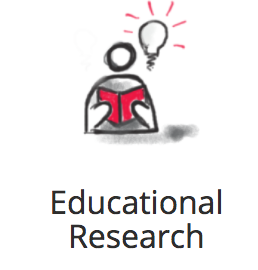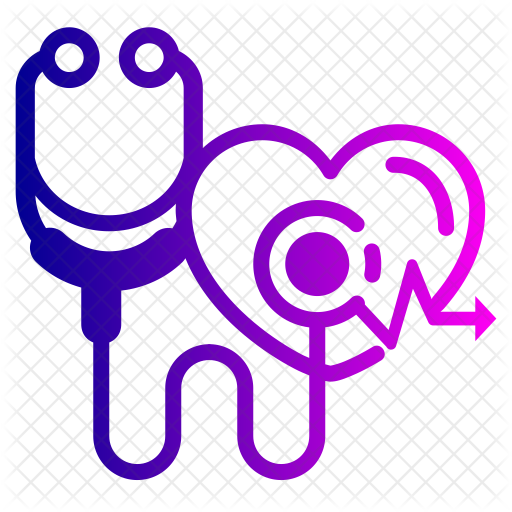Our goal is use a large pool of homecare data (including structured data, free text clinical notes, and recorded patient-provider phone conversations) to build predictive models that help identify patients at risk for poor outcomes (like hospital admission or falls).
CTV’s core mission is to facilitate the transfer of inventions from academic labs to the market for the benefit of society. In a typical year, CTV receives ~400 inventions, completes ~100 licenses and options, and helps form ~20 startups. A good video summary of CTV is here: https://vimeo.com/110193999.
The development of computational data science techniques in natural language processing (NLP) and machine learning (ML) algorithms to analyze large and complex textual information opens new avenues to study intricate processes, such as government regulation of financial markets, at a scale unimaginable even a few years ago. This project develops scalable NLP and ML algorithms (classification, clustering and ranking methods) that automatically classify laws into various codes/labels, rank feature sets based on use case, and induce best structured representation of sentences for various types of computational analysis.

Analyze data from one of the following library applications/systems and create visualizations that highlight the most important findings pertaining to the support of self-directed learning: Vialogues (TC Video Discussion Application), PocketKnowledge (TC Online Archive), DocDel (E-Reserve System), Pressible (Blogging Platform), Library Website and Mobile App.

Networked systems are ubiquitous in modern society. In a dynamic social or biological environment, the interactions among subjects can undergo large and systematic changes. Due to the rapid advancement of technology, a lot of social networks are observed with time information. Some examples include the email communication network between users, comments on Facebook, the retweet activities on Twitter, etc. We aim to propose new statistical models and associated methodologies for various problems including community detection, change point detection and behavior prediction. The proposed methods will be evaluated on a wide range of network datasets in different areas.

Recently Columbia University, Cornell, and NewYork-Presbyterian have agreed to integrate their clinical (healthcare) and business IT systems onto one shared platform called Epic. The motivating factors to move to Epic are to enhance the patient experience, improve and integrate care, and give our physicians an integrated technology platform that supports the mission of an academic medical center. The intern will assist with developing the “operational” analytics capabilities of Columbia University Medical Center including financial, healthcare operations and healthcare quality analytics.
